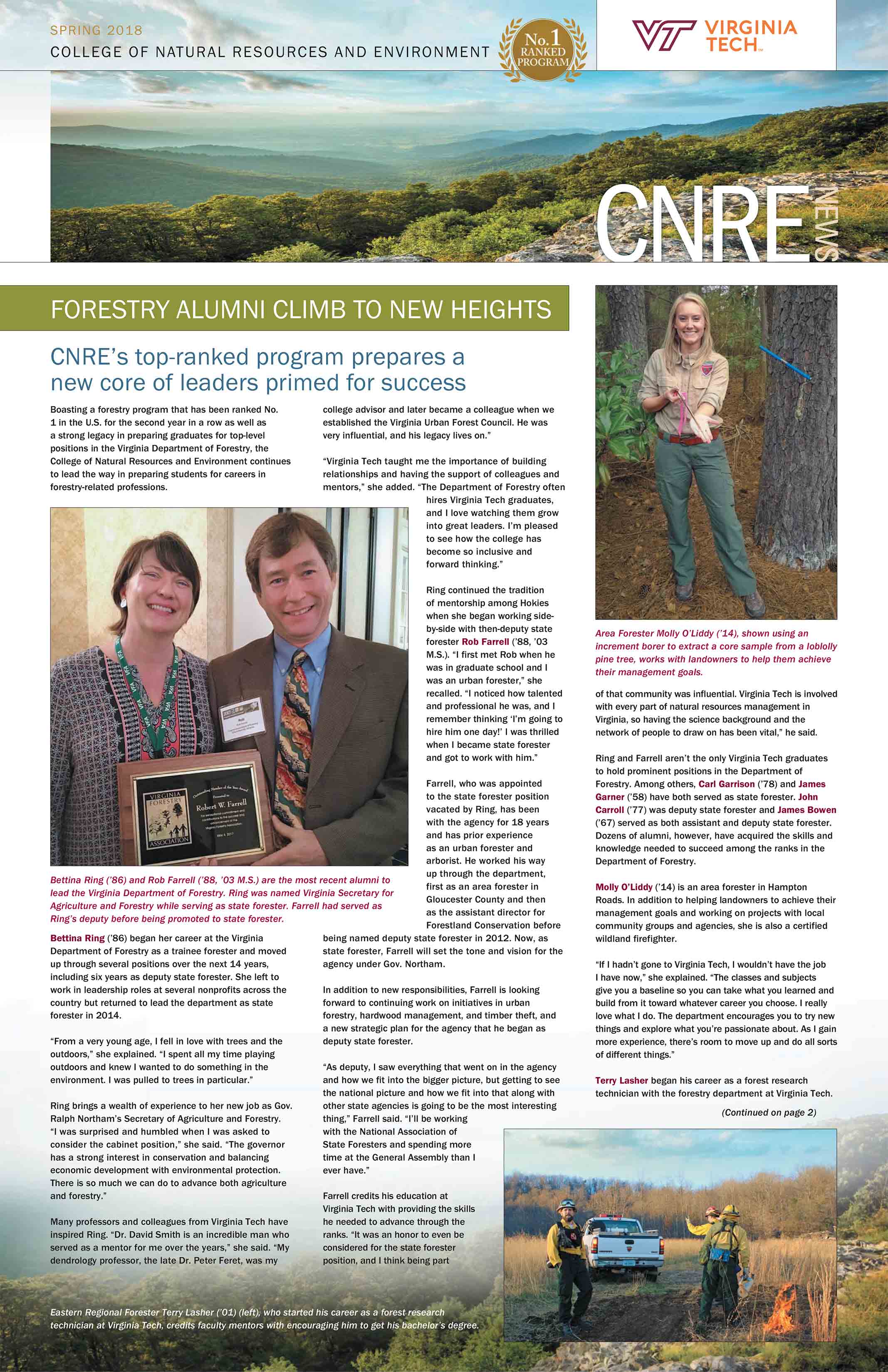Mixing of farmed and wild fish could have adverse impacts on the environment
May 15, 2018
A close-up of a man and a woman in a boat wearing orange life vests

Through a pilot study in the Volta Lake region of Ghana, doctoral student Gifty Anane-Taabeah is working to protect one of that nation’s primary food sources and most important species: tilapia.
Experts suspect that some fish farmers in Ghana have started to raise unapproved, controversial strains of tilapia. If such fish escape from holding facilities into nearby rivers and streams, which is a common phenomenon with farm fish, they pose the threat of breeding with wild tilapia. According to Anane-Taabeah, the mixing of farm fish with wild tilapia would be harmful to the species’ genetic diversity and their environment.
Anane-Taabeah conducted her study in the Volta Lake region, where tilapia cage farming is an established and growing commercial activity. She sought to learn which strains of tilapia are being grown, whether they include the unapproved strains of genetically improved farm tilapia, and whether there is significant mixing between them and wild tilapia.
“Gifty’s research will not only fill a void in our understanding of aquaculture impacts and tilapia conservation needs, but her training in modern genetics technology at Virginia Tech is a real boost of expertise for aquaculture and conservation management in Ghana and the sub-Saharan Africa region,” said Associate Professor Emmanuel Frimpong, Anane-Taabeah’s co-advisor.



